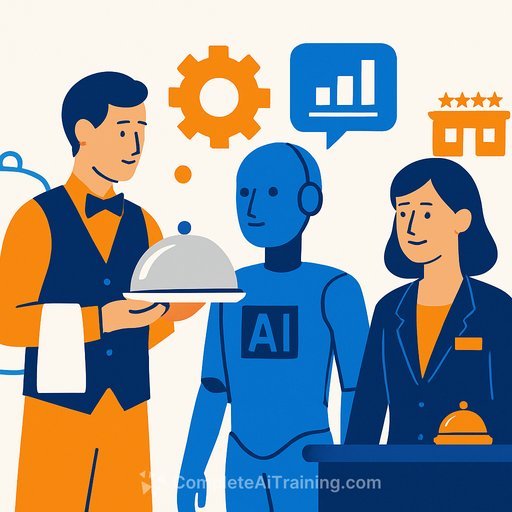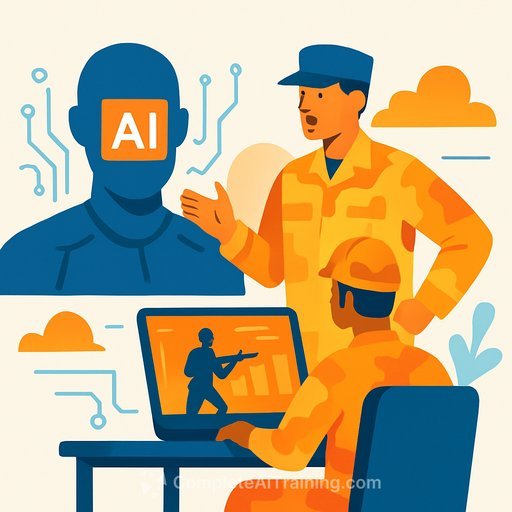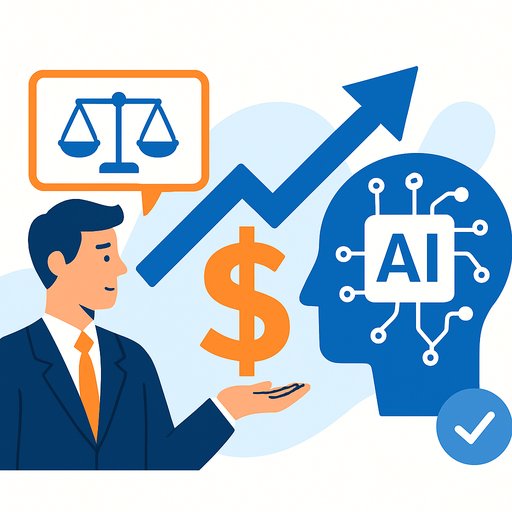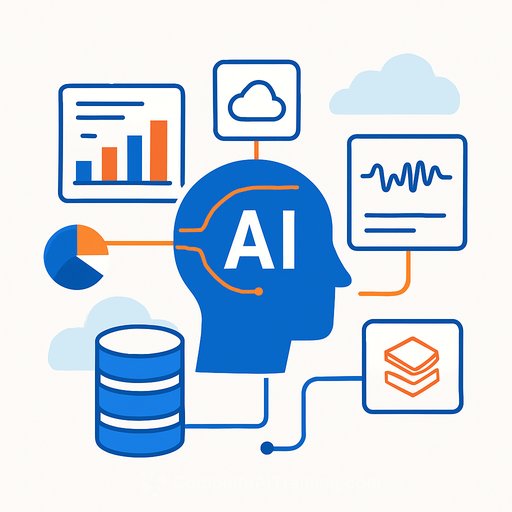How AI Will Transform Supply Chain Management by 2026
Supply chain performance has become a critical challenge for businesses globally. What was once a back-office task now influences strategic decisions, customer satisfaction, and competitive positioning. The future demands a shift from reactive, data-driven operations to proactive, action-driven supply chains powered by AI.
Forecast accuracy tops CEO priorities for the next three years, according to research from the IBM Institute for Business Value. Supply chain leaders are adopting AI, machine learning, and IoT to enhance how they predict, plan, and respond to market demands. Agentic AI, capable of autonomous decision-making, is transforming supply chains from static data analysis to dynamic, real-time execution.
Transforming Forecasting and Demand Planning with AI
Improving forecast accuracy is essential across organizations. AI processes vast amounts of data—sales figures, social trends, economic indicators, even weather—in real time, providing a more accurate and forward-looking view of demand. This helps avoid overproduction and minimize stockouts.
Agentic AI takes this further by autonomously acting on insights. It can adjust orders, reallocate inventory, and reconfigure production schedules in real time with minimal human input, significantly boosting operational efficiency.
Building Agility and Resilience Amid Market Volatility
Traditional methods no longer suffice in today’s volatile environment. A key strategy is using AI to simulate disruption scenarios. This enables companies to explore “what-if” situations and prepare responses before disruptions occur.
For example, a global healthcare company uses an AI-powered platform to identify risks and generate insights, allowing faster, data-driven decisions that build a resilient supply chain capable of absorbing shocks and adapting quickly.
Enhancing Collaboration and Real-Time Data Sharing
Supply chains are now central to business performance, making cross-functional collaboration more important than ever. Chief Supply Chain Officers (CSCOs) must work closely with IT, finance, marketing, sustainability, and other teams to align decisions with broader company goals.
AI facilitates this by consolidating data into a single source of truth, breaking down silos and ensuring all teams access accurate, up-to-date information. This real-time sharing improves responsiveness and decision-making across the organization.
Optimizing Inventory Management with Granular Analytics
Balancing inventory requires knowing when, how much, and where to stock. Holding too little risks customer dissatisfaction; holding too much inflates costs.
- Real-time visibility: Combining AI with IoT provides live tracking of inventory locations and conditions. Sensors collect data that AI analyzes to detect low stock or shipment delays.
- Warehouse operations: AI optimizes warehouse layouts and fulfillment processes by analyzing product size, demand trends, and turnover rates, reducing lead times and costs.
- Demand forecasting: Agentic AI improves precision by analyzing customer behavior and demand patterns in real time, moving beyond traditional historical data models.
Steps to Future-Proof Supply Chain Operations
By 2026, 76% of CSCOs expect AI agents to improve process efficiency significantly. The shift to action-driven operations combines autonomy, intelligence, and speed, changing how supply chains function.
Before fully integrating this technology, organizations must ensure they have high-quality, accessible data governed properly. Equally important is upskilling teams to work with AI—understanding its capabilities and limitations to interpret outputs aligned with business goals.
Leaders who act now—building the right data infrastructure and embracing AI thoughtfully—will be best positioned to drive innovation and build long-term resilience.
For those interested in expanding their knowledge of AI’s role in operations and supply chain management, exploring specialized courses can provide practical skills and insights. Visit Complete AI Training for relevant options.
Your membership also unlocks:









